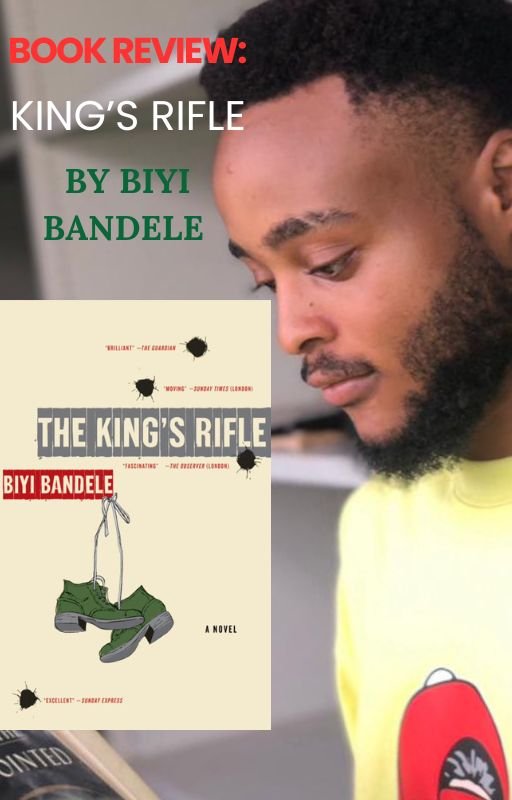
“The sun arrived, and I checked it, wondering how much the men knew about the thing.” This captivating opening line piqued my interest and drew me into The King’s Rifle by Biyi Bandele. As a big time book lover, I have found that certain elements often spark my curiosity and make me start reading a book. It can be the title, book cover, words, descriptive writing, or other factors. I think I am more drawn to book titles and descriptive styles of books than any other thing, and that’s what made me get stuck with Biyi Bandele’s The King’s Rifle till I opened the last page and read the last word. In this post, I’ll be reviewing The King’s Rifle by Biyi Bandele.
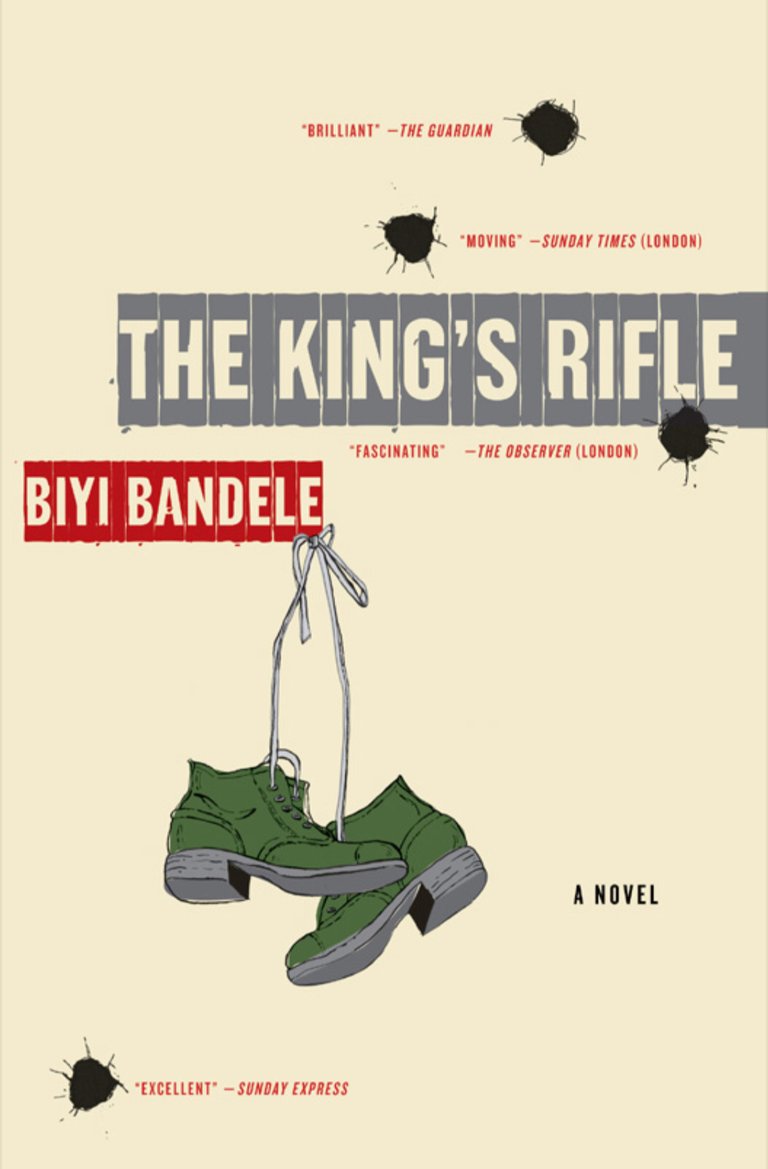
The King’s Rifle was previously published under the title Burma Boy. Although I don't know why the author changed the title, it is thoughtful that he did. The King’s Rifle suits the novel better as it clearly portrays the events and experiences of the characters. During the Second World War, African countries that were once under the rule of the British government were used as pawns to fight wars. This book, unlike many others, portrays the experiences of soldiers, Both White and Black, during the World Wars. The book was published in 2013.
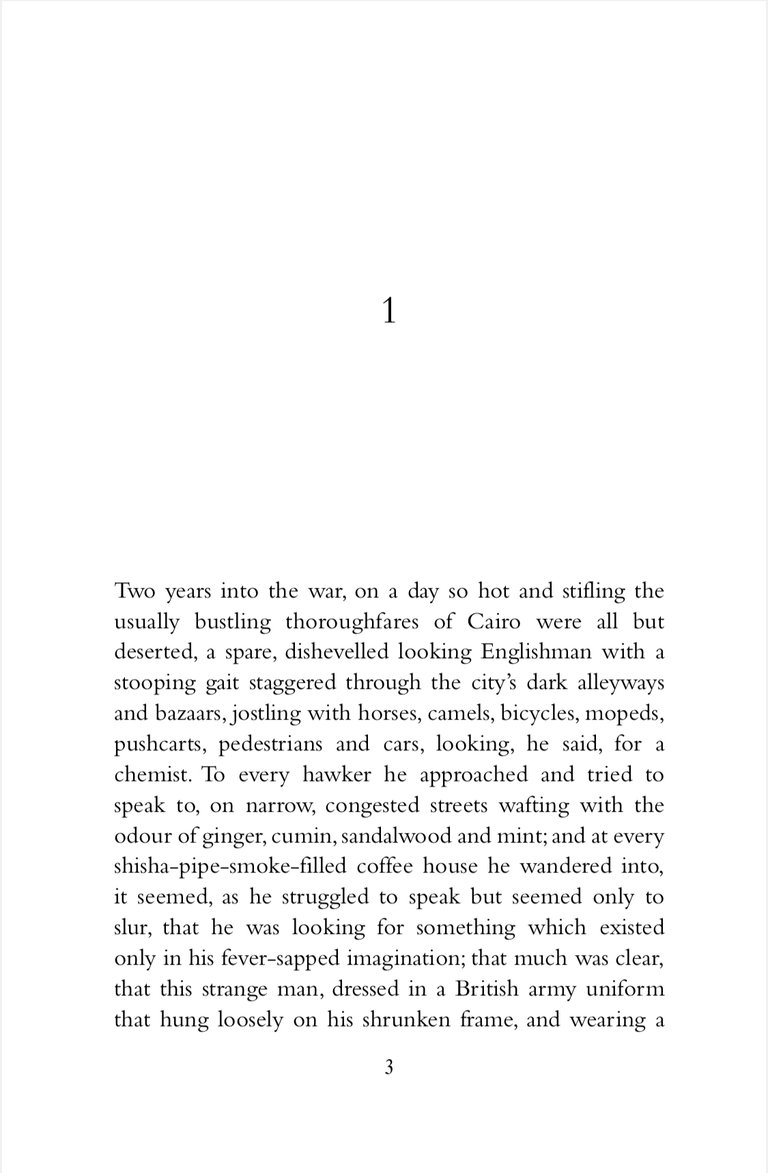
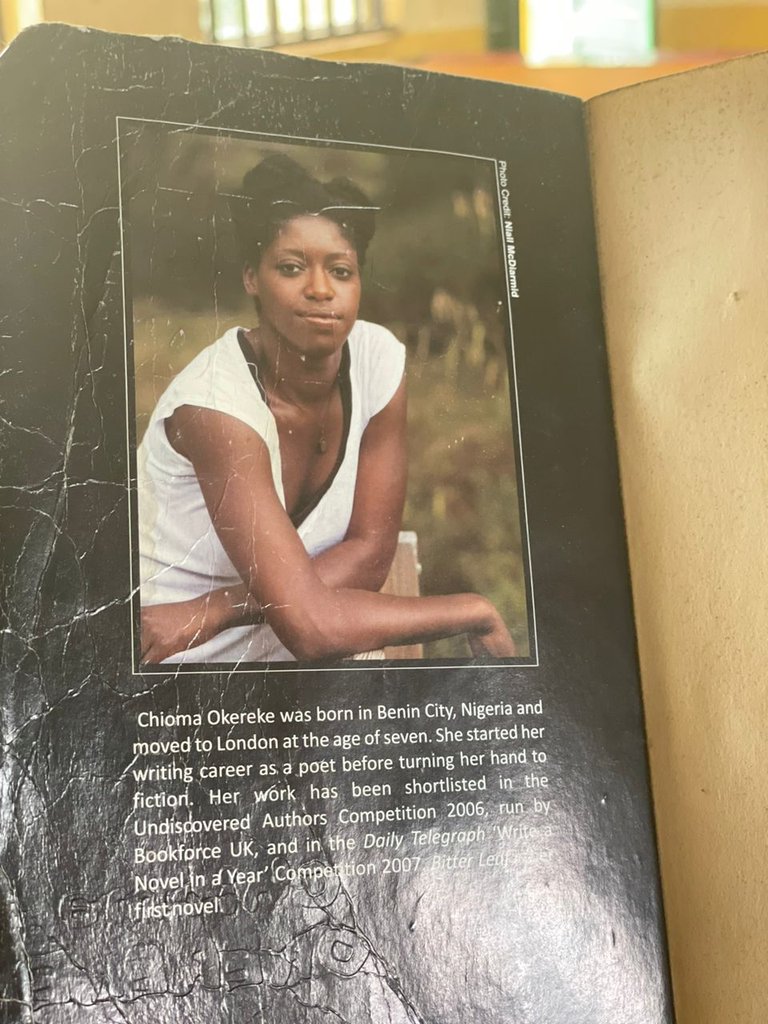
The King’s Rifle by Biyi Bandele takes readers on a profound exploration of the experiences of war-fare, war, and children and the psychological effects of war on children. The novel opens with a drunk English officer, Major Wingate, staggering through the city of Cario. After spending decades throwing bombs, shooting enemies, and planning war strategies, Major Wingate has become psychologically unbalanced and he needs Atabrine to keep him safe. He becomes addicted to Atabrine and his assistance starts to get for his life. The novel introduces Mitchell, who has heard many of Wingate’s heroic tales. He thinks Wingate is a hero, but deep down, he is going through psychological dangers. But deep down, he is going through hell and tries to commit suicide. Luckily, he is saved by Mitchell who finds him in a pool of blood. The author used his character to show us a bit of the realities of war.
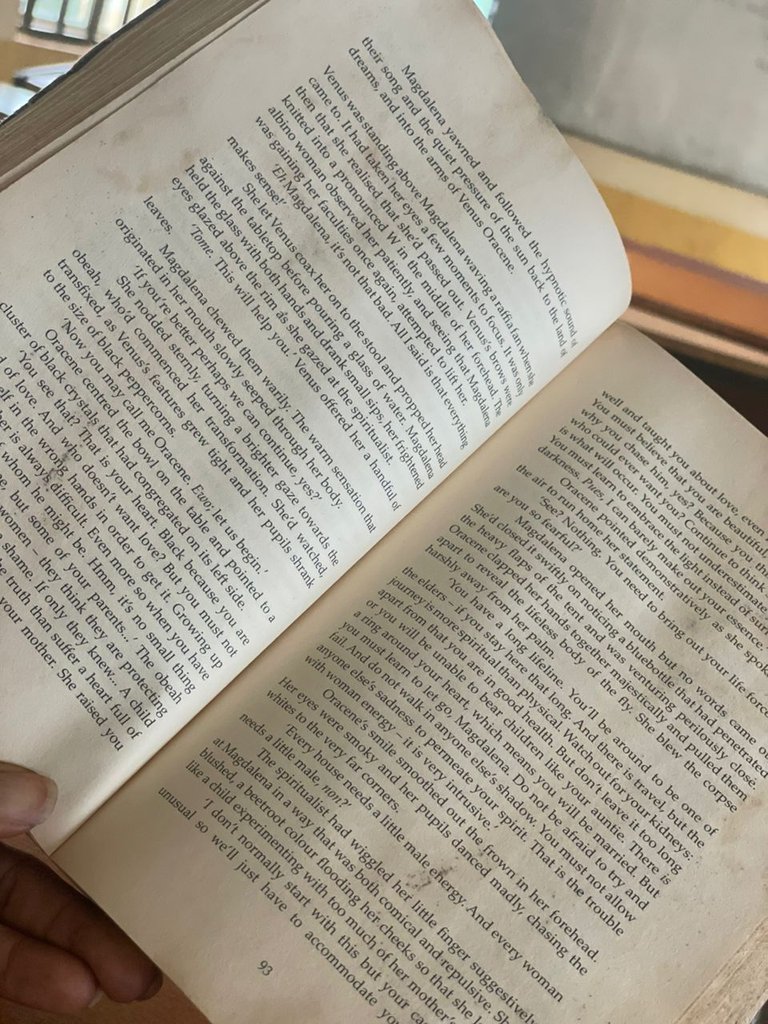
Exactly five months and 3 days after he failed to commit suicide in Caro, Japanese troops launched an amphibious assault on the British South East Asian colony of Malaysia. Major Wingate us promoted to colonel to help kick the Japanese out of Burma under the rule
Of King Joji. Out of the many soldiers that were trained for war, one of them is Farabari Banana, a 13 year old African. Usually, one would expect someone of Farabati’s age to be in school reading and writing, but the reverse is the case as he is seen cleaning rifles and learning how to shoot the enemy. How will Banana Farabati turn out to be? Will he turn out to be a savage soldier or will the experiences of warfare scare him back home?
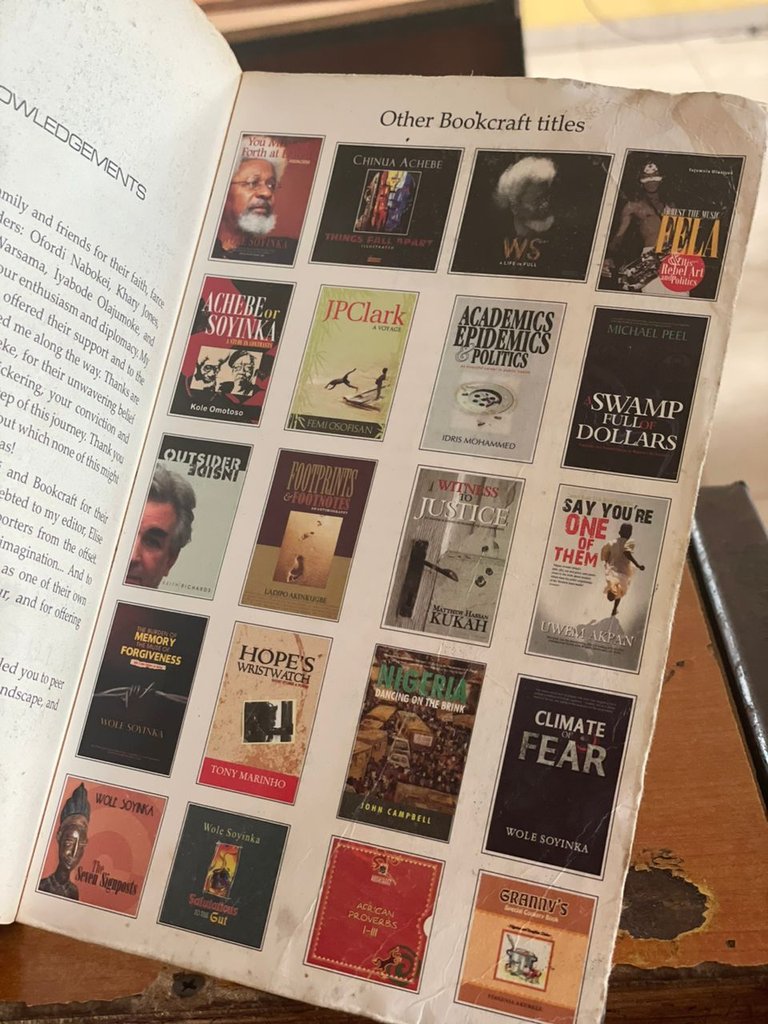
As I mentioned above, we are all drawn to books due to several reasons. For me, one of the things that stands out is the descriptive narration of events. The author carefully narrates events in a way that draws the readers in, transporting them into a world of imagination. For instance, in the first chapter of the novel, the author. As I read each line, my mind imagines the scene. That's the power of descriptive writing.
Also, over the years, many contemporary writers have taken to their works to share stories about the World Wars. Thanks to them, generations to come will still know details about that time. However, Biyi Bandele’s A King’s Rifle creatively explores these experiences, focusing on how children were forced to fight wars during the World Wars, particularly the Second World War, and also the psychological effects of war on identities and also the trauma it causes.
I recommend this book to every book lover, it will come in handy for students who desire to venture into the historical parts of the world wars.
The sun arrived, and I checked it, wondering how much the men knew about the thing
All images in this post are mine otherwise stated.
Thanks for reading.


